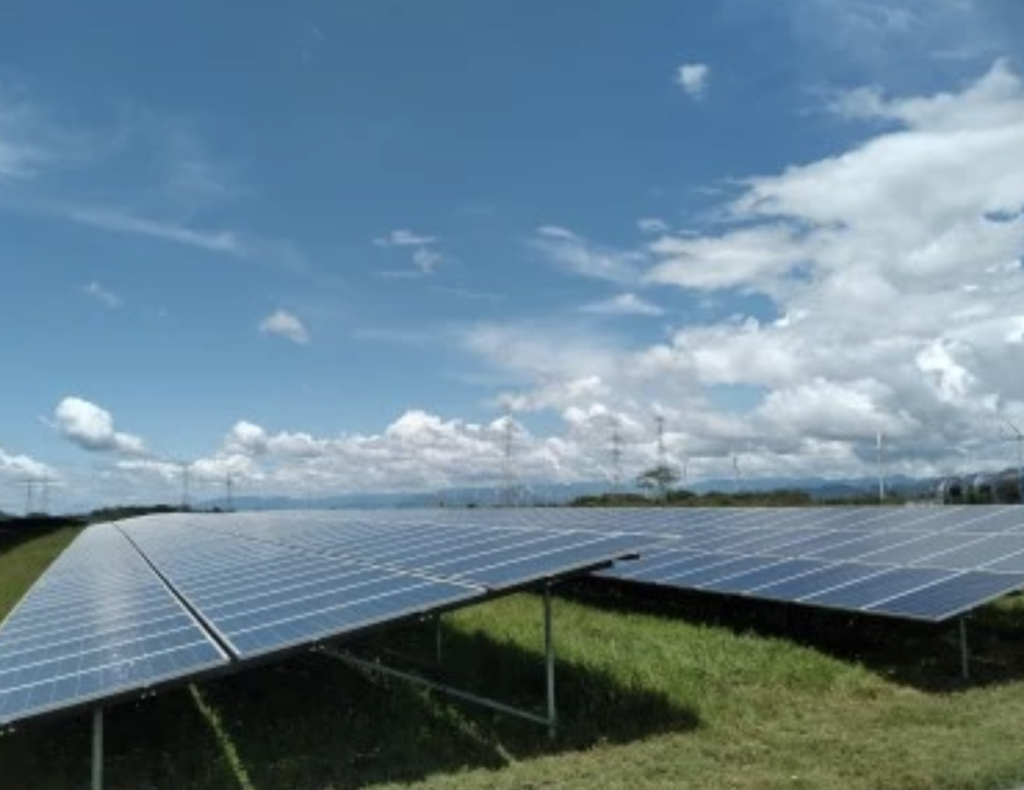
Representatives of the government of Panama and authorities of the European Union (EU) met with the aim of exploring forms of collaboration that promote the country’s energy transition to clean energy sources that do not contribute to increasing the effects of climate change.
The EU-Panama Dialogue event: Financing the energy transition. An opportunity for the Global Gateway Alliance, it brought together officials from both parties between May 11 and 12 in Panama City.
At the opening ceremony, Secretary Jorge Rivera stressed that “This event reinforces the strategic ties between the two regions and the commitment to sustainability as a central element to face current and future global challenges, strengthening the EU’s confidence in Panama as an important point of reference for dialogue with Latin America and the Caribbean.”
For his part, European representative Felice Zaccheo has assured that “through Euroclima, the EU has made available to Panama its experience in formulating and implementing decarbonization strategies and energy sustainability of its economy. In addition, we want to put on the table our ability to generate international partnerships through the Global Gateway strategy to face global challenges such as climate change through key investments in infrastructure.”
Although the execution of the agenda has already begun to yield results, the Government of Panama considers and proposes that it is necessary to ensure the strengthening of the mechanisms and financial resources to implement all the road maps that make it up among them:
? Universal access to energy
? Rational and efficient use of energy
? Electric mobility
? Distributed generation
? Innovation of the National Interconnected System
? Institutional strengthening
? Green Hydrogen
? Women’s Nexus and Energy
Thus, in the various panels and working groups of the event, high-level personalities from both the public and private sectors of Panama, Latin America and Europe who are relevant to the implementation of the Energy Transition Agenda are present.
According to the agenda, the first day was focused on mutual knowledge of the strategies for the energy transition and the public policy frameworks and instruments related to the financing of that transition in the EU, Panama and other Latin American countries.
The morning of the second day will be dedicated to work on successful experiences of financing the ecological transition in European and Latin American countries, including issues such as green bonds, green loans, public-private partnerships, fiscal risk management, carbon price instruments.